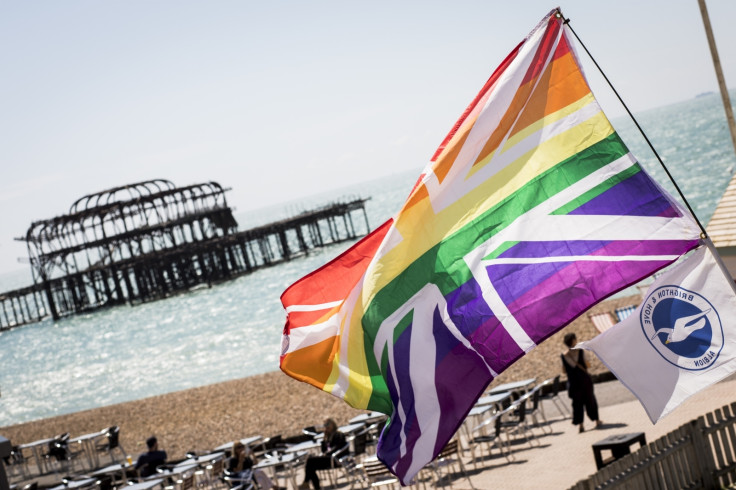Court in Japan rules ban on same-sex marriage is 'not unconstitutional'
Japan is the only G7 country that does not allow same sex marriages.
A court in Japan has upheld the ban imposed on same-sex marriage in the country stating that the ban does not violate the constitution.
The court in the Japanese city of Osaka was hearing a plea filed by three same-sex couples challenging the ban on same-sex marriages. However, in a huge blow to the rights of the LGBTQ community, the court rejected their claims that being unable to marry was unconstitutional.
The court also dismissed their demands for 1 million yen ($7,414; £6,058) in damages to each couple who said that they had suffered "unjust discrimination" by not being allowed to marry.
However, it noted that there has not been much debate and discussion over the issue in the country and that "it may be possible to create a new system."
"From the perspective of individual dignity, it can be said that it is necessary to realise the benefits of same-sex couples being publicly recognised through official recognition," the court said in its ruling. "Public debate on what kind of system is appropriate for this has not been thoroughly carried out," it added.
The court's ruling has come as a huge setback for gay rights activists and couples. They have criticised the judgment calling it a "disappointment." Japan is the only G7 country that does not allow same sex marriages.
"I actually wonder if the legal system in this country is really working," plaintiff Machi Sakata told Reuters. "I think there's the possibility this ruling may really corner us." Sakata is married to a US citizen and lives in the US.
Same sex couples are not allowed to legally marry in Japan, they cannot inherit their partner's assets and have no parental rights over their partner's children. The law persists even though several public opinion polls have revealed that majority of the public is in favour of removing the ban.
Some municipalities in the country issue partnership certificates to same sex couples so they could rent properties and gain hospital visitation rights.























